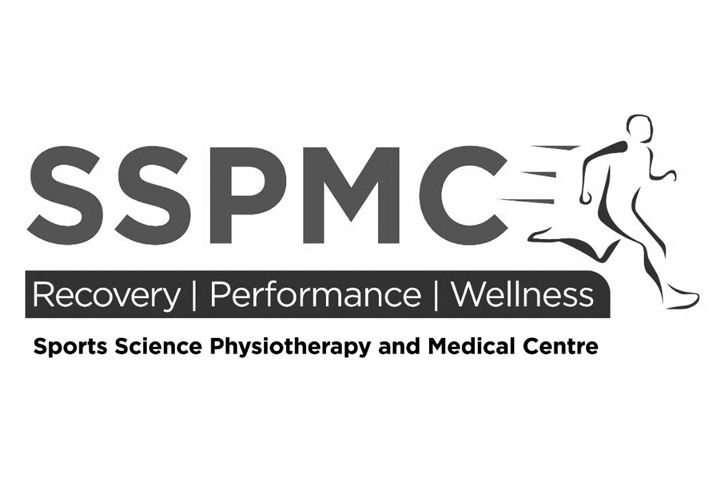Laryngeal Cancer and Speech
What is Laryngeal Cancer?
This is essentially cancer of the voice box, where cancerous (malignant) cells form on the larynx, or voice box causing significant damage to the area and impeding speech. The larynx is made up of specialised folds, known as vocal cords that vibrate to create a sound when air passes through them. A person’s voice can be heard when this sound is echoed through the throat, mouth and nose.
Symptoms and Diagnosis
Individuals with laryngeal cancer may notice:
- a lump in their throat
- increased bad breath
- changes in their voice
- hoarseness
- shortness of breath
- difficulty swallowing and
- a bad cough or chest infection
The condition can be diagnosed by their doctor using an endoscope to observe the larynx for any abnormalities, this procedure is known as a laryngoscopy. The doctor may need to do a biopsy on a small selection of tissue, whereby the cells of the tissue are observed under a microscope to confirm whether it is cancerous or not.
Possible Treatments
One or more of these treatments may apply depending on the characteristics of the cancer itself – mainly the severity, size, location, and time of cancer detection:
- radiation therapy
- chemotherapy
- partial removal of the larynx (laryngectomy)
- total laryngectomy
In these cases, the patient may still be able to speak. However, the patient’s voice may not be the same due to the removal of parts of the larynx, changes to laryngeal tissue from radiation or chemotherapy, or removal of nearby neck muscles (to prevent or stop the spread of the cancer).
In extreme cases, total laryngectomy, with or without radiation therapy or chemotherapy, may be the only life-saving solution. This is the complete removal of the larynx or voice box and during this operation a new pathway for breathing is surgically created, where the end of the trachea (windpipe) is connected to the stoma (hole in the neck) for the patient to breathe through.
Causes and Occurrence
The risk of contracting Laryngeal Cancer is increased by a number of different contributors, including but not limited to:
- heavy smoking and drinking
- malnutrition or vitamin lacking diet where not enough raw food is being eaten
- a compromised immune system
- excessive exposure to harmful chemicals and certain substances (e.g., wood dust, paint fumes, soot)
- acid reflux
Cancers of the voice box or larynx make up about 2%-5% of diagnosed cancers. More than twice as many men as women are diagnosed. Most cases occur between the ages of 50 and 70.
Before and After Care
Once the severity of your condition has been accessed, your doctors will select the best treatment plan to combat the onset and spread of your cancer. Your Speech-Language-Therapist or SLP will explain the effects treatment will have on your speech and how it can be managed.
Speaking after a Laryngectomy
Your Speech-Language-Therapist will be present after surgery with alternative ways to communicate, such as a pen and paper to help you communicate in the early days. Once you’ve adjusted and recovered from surgery you can focus on developing your speech using the tools and exercises your SLP has recommended for you.
(Restoring your voice after surgery)
Esophageal speech:
This is the most basic form of speech rehabilitation and requires the patient to learn how to swallow air and force it through their mouth to create a sound. With training and assistance from your SLP these sounds can be used to form speech. However, new devices and surgical techniques often make learning esophageal speech unnecessary.
Tracheo-esophageal puncture (TEP):
This method is most commonly used to restore speech and can be done during the surgery or later. The surgeon creates a connection between the windpipe (trachea) and food pipe (oesophagus) by means of a small valve that is present at the stoma (puncture site in the neck). This allows patients to be able to force air from the lungs through the mouth. Simply covering the stoma with a finger allows the air to push through to the oral cavity to create a sound. With practice and training from your Speech-Language-Therapist you can regain the power to communicate freely.
Electrolarynx:
This is the mechanically assisted speech, so if you cannot have a TEP for medical reasons, or while you are learning to use your TEP voice, you may use an electrical device to produce a mechanical voice. This is a battery operated device that is placed in the corner of the mouth or against the skin in the neck to produce a mechanical voice. Your Speech-Language-Therapist will provide extensive training on how to use this properly.






